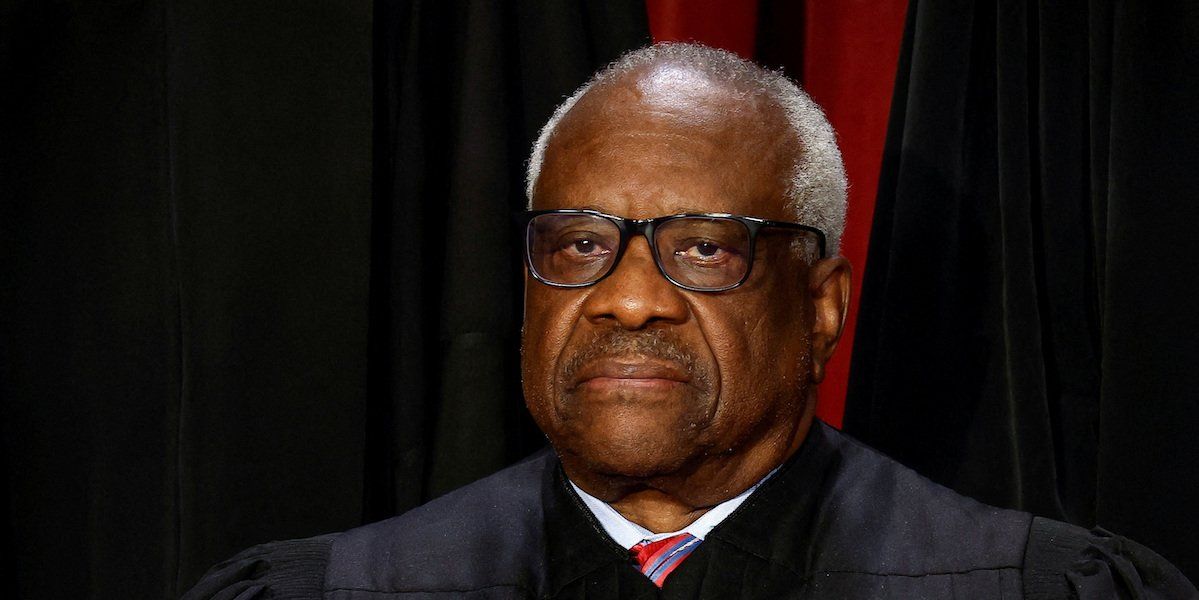The US Supreme Court on Monday issued a formal code of conduct for its nine justices following allegations of serious ethics violations, mostly concerning Justice Clarence Thomas.
“For the most part these rules and principles are not new,” the court said in a statement. “The absence of a Code, however, has led in recent years to the misunderstanding that the Justices of this Court, unlike all other jurists in this country, regard themselves as unrestricted by any ethics rules,” it continued.
Among other things, the new rules emphasize that justices should not “participate in extrajudicial activities that detract from the dignity of the Justice’s office” or “reflect adversely on the Justice’s impartiality.”
Unclear enforcement: It’s still not entirely clear how these rules will be upheld, and some legal scholars suggested the move was largely an effort to address nearly historic levels of public distrust with the nation’s highest court.
“I think it's a positive sign that the justices adopted at least *some* rules today (and a sign that the Court *is* reactive to public pressure, as I think it ought to be),” tweeted Steve Vladeck, professor at the University of Texas School of Law. But he added that “even the most rigorous ethics rules aren't worth that much if there's no incentive to comply with them.”
Similarly, Sen. Sheldon Whitehouse (D-RI), a member of the Senate Judiciary Committee, in a statement said, “This is a long-overdue step by the justices, but a code of ethics is not binding unless there is a mechanism to investigate possible violations and enforce the rules.”
Whitehouse has pushed for a bill that would require SCOTUS to adopt a binding ethics code for justices and create a process for investigating allegations of misconduct. The Senate Judiciary Committee voted to advance the legislation in July, but it has faced fierce opposition from Republicans and remains up in the air.
